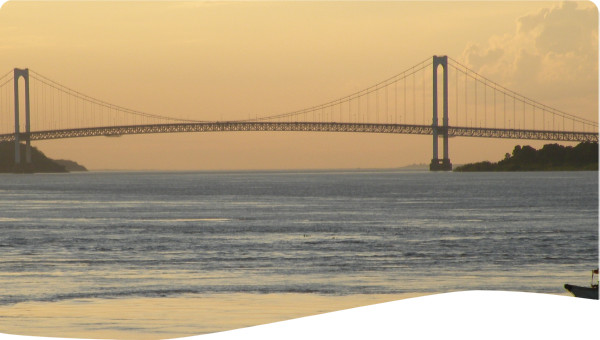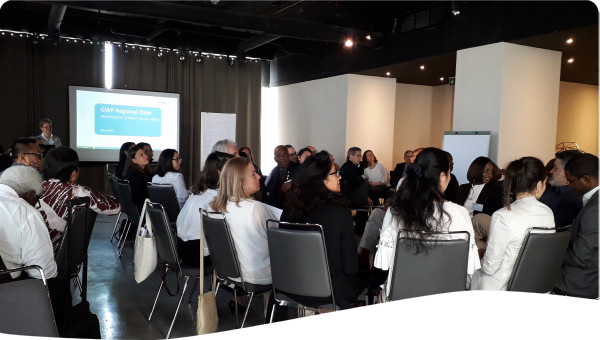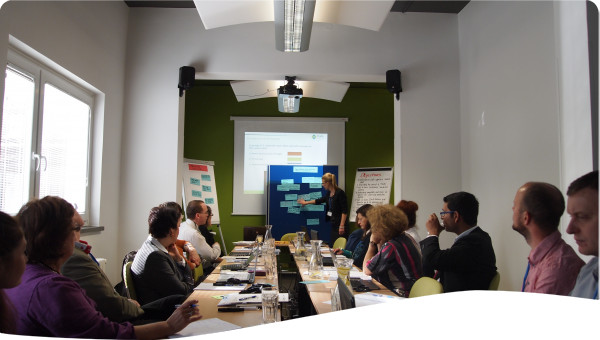The Meuse and the Scheldt river basins suffer from pollution and seasonal water shortages, as well as clash of political interests regarding maritime access. Action was taken to solve these issues by the Belgian government. However, although an agreement was eventually made, political issues made the process complex. This case evidences that a cross-sectoral approach looking beyond water sector is extermely instrumental in developing attractive package deals.
The Meuse and the Scheldt river basins are shared by France, Belgium and The Netherlands. The Meuse is used for supplying water to Brussels, Antwerp, Rotterdam and other towns. Moreover, Meuse water is used in agriculture and for shipping.
Problems in the Meuse basin include urban wastewater from the Belgian part of the basin, much of which is still not treated, and accidental pollution. Moreover, water shortages can occur in summer, which has given rise to water allocation problems between Belgium and The Netherlands.
In Scheldt river basin, like in the Meuse, most urban wastewater in the Belgian part of the basin is not treated. The river is not used for drinking water production since the water quality is too poor. The Western-Scheldt, the estuary of the river in The Netherlands, provides maritime access to the Belgian (Flemish) port of Antwerp, which is located just upstream of the Dutch-Belgian border.
Before 1967, the negotiations on the Scheldt mainly concerned the management of the navigation channel in the Western Scheldt. Since 1839 the international Scheldt Statute guarantees the freedom of navigation on the Scheldt, but there is some disagreement on the exact interpretation of the Statute. In the Meuse basin the main controversies concerned the distribution of the Meuse water.
All basin states of Meuse and Scheldt basin are EU members, while nearly all water management competencies (incl. treaty making powers) in Belgium have been allocated to regions which participate directly in international negotiations.
In 1967, the Belgian government proposed two projects to improve maritime access to the port of Antwerp. These would involve activities in The Netherlands, the downstream country. The Netherlands agreed to discuss these projects, but insisted on the inclusion of other issues - water pollution and water allocation – in the discussions.
A draft agreement was reached, but this was not accepted within Belgium because the Flemish region would be the main beneficiary, while the costs would fall mostly on the Walloon region. After some negotiation and restructuring of the proposals, agreement was reached on all issues in 1993/1994.
The Convention on the flow of the river Meuse contains a Flemish-Dutch water saving scheme for periods of low flows. Moreover, it entails the establishment of a Flemish-Dutch working group for the regulation of the flow of the Meuse. The Walloon region has observer status in this working group. As part of the agreement, international river basin commissions (ICPM/ICPS) with a co-ordination task were established in 1998. These commissions have prepared a first action plan on protecting the Meuse and the Scheldt respectively.
The objective of both the ICPM and the ICPS is to co-operate in a spirit of good neighbourliness and to maintain and improve the water quality of the main course of the Scheldt and the Meuse river respectively. To reach this aim, the parties may have to take measures in the whole drainage basin in as far as situated on their territories.
The case presents an approach for solving a central problem in river basin management: upstream-downstream conflicts of interests. Moreover, it offers an example of an institutional framework for international river basin management that can further promote international co-operation.
The outcomes of the negotiations have been in the first place the different conventions and institutions described above. These in turn have resulted in different policy plans and management activities: the Meuse action programme for flood protection, the Meuse Action plan, the Scheldt action plan and monitoring and research.
In the end, international co-operation in the management of international river basins should result in improvements for the people and the nature in the basin. Concerning water quality it is still too early to detect major improvements. No joint pollution control measures have yet been decided upon, and even international comparative water quality data exist only from 1997/1998 onwards. Most urban wastewater in Belgium is still untreated, but a major investment programme is underway. Mostly internal factors in Belgium and the EU Urban Waste Water Directive are responsible for the latter, rather than the Meuse and Scheldt co-operation. There have been concrete measures to improve flood protection, especially in The Netherlands.
If the “right” issues are linked, it can result in a package deal, attractive for all parties involved (win-win solution). In this way, upstream-downstream conflicts can be overcome and international co-operation on the receiving seas, can play an important role.
A broad “transsectoral” approach that looks beyond individual sectors is often instrumental in developing attractive package deals. In the Scheldt case water
quality was linked to shipping and finally even to the alignment of a railway line.
River basin commissions with a purely co-ordination task (without decision-making powers) can offer an effective framework for international cooperation. In addition, other international fora, such as regional economic organisations and international co-operation on the receiving seas, play an important role.
 Case studies
Case studies


